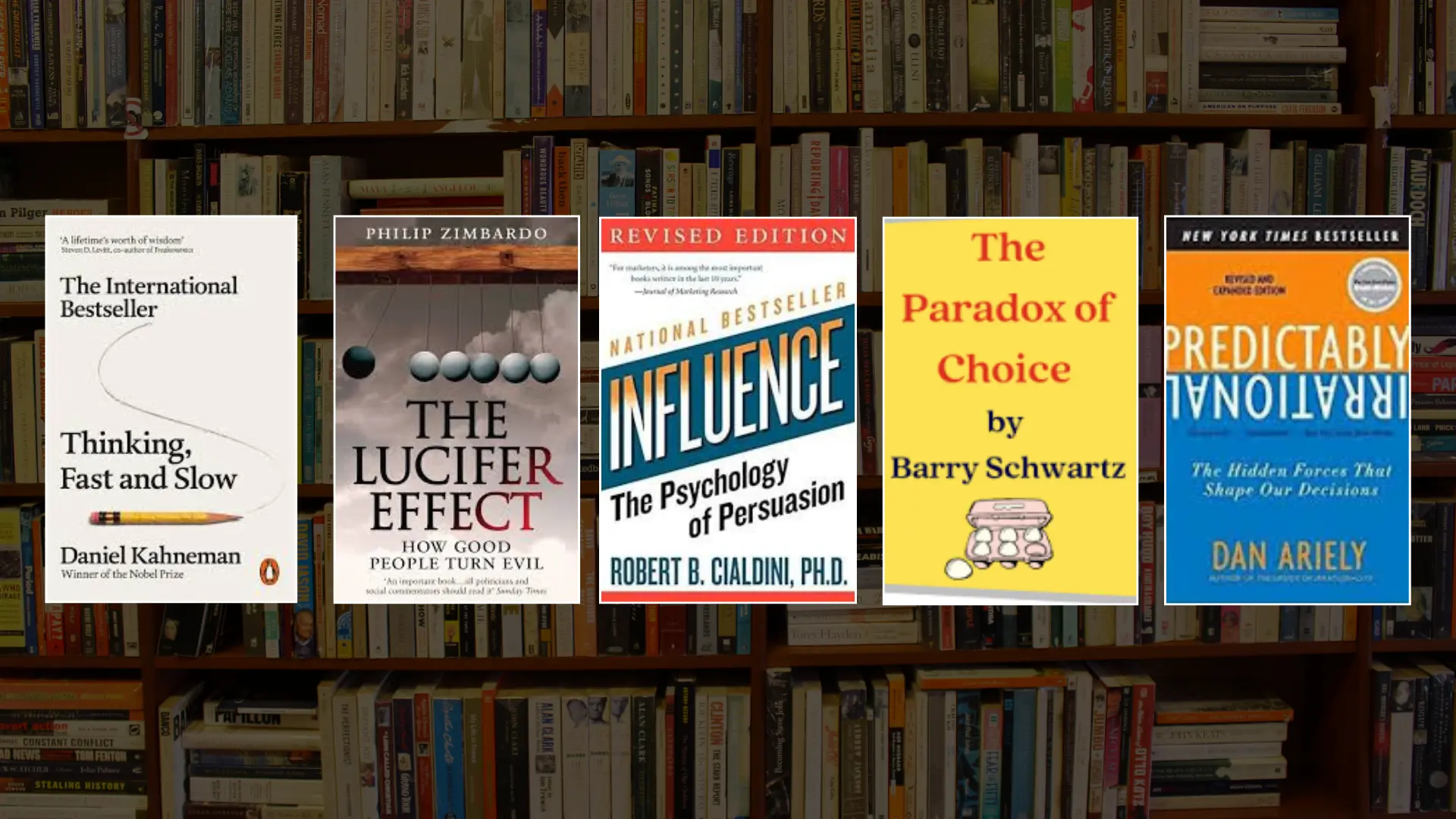Reinventing CSR in India
Thursday September 06, 2012 , 2 min Read
Government of India’s proposal a little while ago to make Corporate Social Responsibility (CSR) in India to be mandatory for companies was met with stiff opposition from the business community. The proposed legislation would require companies to set aside 2 percent of their average net profits for social responsibility activities. The business community viewed it as another way for the government to tax companies and expressed their unilateral opposition highlighting that CSR needs to be a voluntary act.
However, seems like folks from within the business community are starting to come out in favor of the proposed legislation. In a recent op-ed in the Economic Times, Harsh Goenka, the Chairman of RPG Enterprises makes a compelling argument in favor of making CSR mandatory. He makes an argument that if the law mandates CSR for the first three to five years (the start-up period) then companies will stick to it and the momentum would be self-sustaining.
The bigger point that Mr. Goenka makes is that companies should incorporate CSR into their core business models. As long as companies view CSR as a standalone activity, it is never going to achieve impact at scale. However, India is full of opportunities for companies to re-invent their business models – in education (low-cost schools, E-learning) , healthcare (affordable quality care, micro-insurance), Infrastructure (affordable housing for the poor), FMCG (low-cost hygiene products) and agriculture (farm to table value-chains).
Indian companies have a unique advantage to develop inclusive business models at scale – that challenges the current global discourse on CSR.






